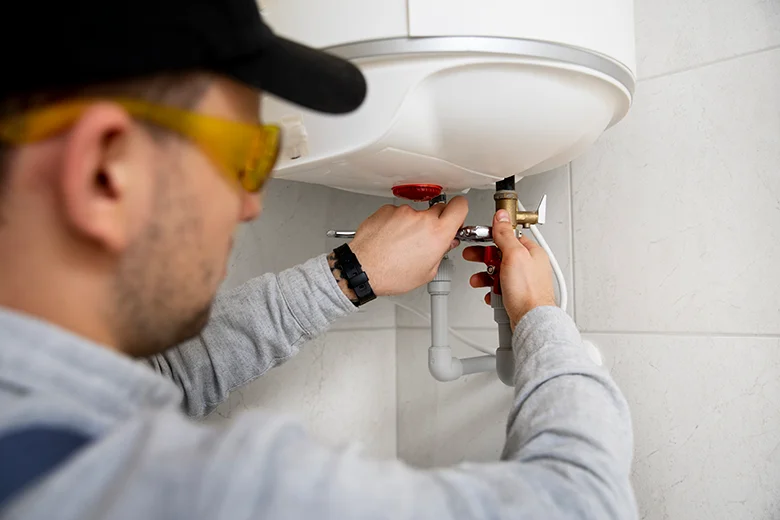A boiler is an essential part of your home, and when it breaks down, it can completely disrupt your home and family life. With all boilers, regular maintenance and checks are necessary to keep your home system functioning but what happens when your boiler isn’t functioning as it should be?
Leaks and drips from your boiler can be a common occurrence particularly with older boilers but when it a cause for concern? Is a leak from a boiler always a matter of concern? Read on to find out the most common reasons for leaking and dripping boilers and what you need to do the fix the problem.
1. Damaged seals
Over time, the seals around the boiler can wear, and knocks to the system may cause damage to vulnerable seals. You will be able to find out if it is the seals by examining the sides and underneath of your boiler. If you conclude that water is just leaving the boiler through a specific seam, it is likely this is just a damaged seal, which can easily be replaced by a plumber.
With a thorough investigation by an expert, you may find that boiler pump is the reason behind the leak in the boiler seals. If that’s the case, your plumber may recommend replacing the seals and the pump too.
Whether your boiler pump is malfunctioning or showing signs of wear and tear, our team ensures thorough diagnosis and swift replacement to restore your heating system’s optimal performance. With attention to detail and quality craftsmanship, we guarantee reliable and long-lasting solutions for your boiler repair needs. Trust us to address both seal and pump replacements with professionalism and expertise, providing peace of mind for your home or business.
2. Expansion tank failure
If you find that there is only a leak once the boiler has been burning for a period of time you may find it is because your expansion tank has failed. The best way to check this is to mop up any water and then run the boiler, if it starts to leak as the water heats up and continues to run, it is likely to be a problem with the expansion tank.
Depending on the problem within the expansion tank, a plumber will either;
- Replace the connections on the pipe
- Replace the pump seal
- Fit a new pressure relief valve.
Once the problem has been dealt with, the expansion tank will need to recharge.
3. Pressure valve
If water seems to be coming from the pressure valve, it is likely that the pressure on the boiler is too high. Usually, the pressure becomes too high, and the valve leaks due to the build-up of residue or limescale in the boiler. The valve leaks as a safety mechanism to stop damage or pressure rupturing the boiler.
If there is a small drip from the pressure valve infrequently, there shouldn’t be too much to worry about. However, the drip or leak becomes more frequent; it is likely that the pressure in the tank is too high and needs to be reduced. Pressure should usually be around 18-21 PSI.
4. Corrosion
If the leak seems to be coming from the pipes rather than the boiler itself, then this could be a sign of corrosion. This is common as boilers age, and the interior of the boiler erodes away. After diagnosis, the corrosion may be found to be located in a specific part which will need replacing, however, it is more common that you will need to replace the boiler itself.
If the boiler is old, think of the new boiler as an investment, increasing your energy efficiency and helping to lower your utility bills.
Got a boiler leak?
If you are worried about a boiler leak, then you should firstly switch off the water supply and empty the water within the boiler system. At London City Plumbers, our qualified boiler installers can come and diagnose your boiler emergency often within an hour of your call. If you have an emergency plumbing problem, call 02082265499.

